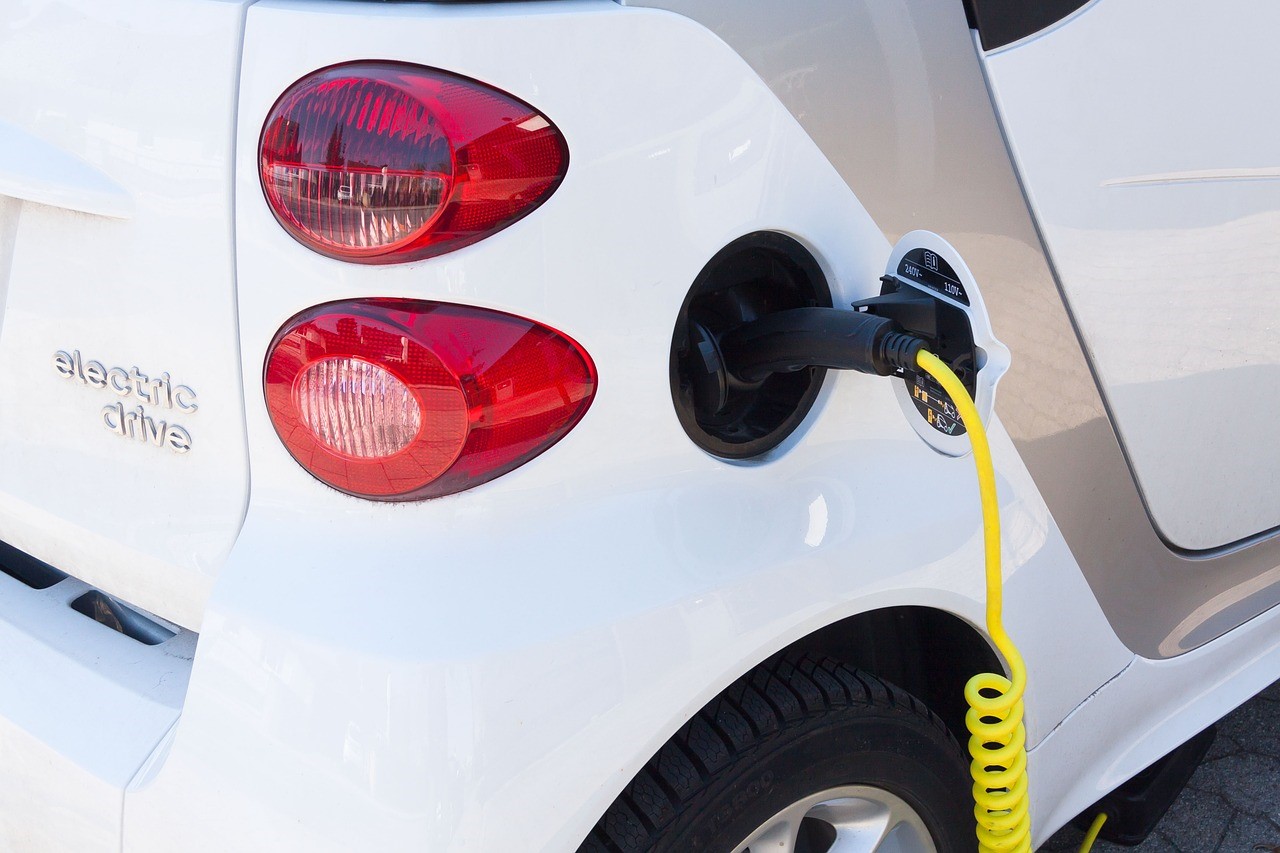Household Bills
‘You can’t drive one in the rain’: 10 myths about electric cars debunked

Sales of electric cars are increasing, but there’s still confusion among buyers about what it means to own one.
New registrations of alternatively fuelled vehicle (AFV) grew by 12.7% in April, while demand for both diesel and petrol fell, according to data from the Society of Motor Manufacturers and Traders (SMMT).
Research from LV= General Insurance found 27% of drivers are considering switching to an electric car within the next five years, rising to 38% among 18-34-year olds.
However, 18% of people would never consider buying one.
The research said myths surrounding electric cars are putting some buyers off.
Martin Milliner, claims director at LV= General Insurance, said: “There are over 200,000 plug-in electric cars on UK roads, but our research proves there is still a huge amount of confusion about what owning one actually means.”

Wellness and wellbeing holidays: Travel insurance is essential for your peace of mind
Out of the pandemic lockdowns, there’s a greater emphasis on wellbeing and wellness, with
Sponsored by Post Office
Here, LV= dispels the 10 biggest electric car myths:
Electric cars aren’t as powerful
More than half (55%) of UK adults believe an electric car isn’t as powerful as petrol or diesel, however this isn’t true.
An electric car can generate power quicker and most accelerate quicker than a petrol or diesel equivalent. The fastest road car in the world has been revealed as an electric car, revealed at the Geneva Motor Show.
You can’t drive an electric car on a motorway
More than one in 10 (12%) people think you can’t drive an electric car on the motorway, but that is false.
Ecotricity has 145 public stations at motorway and A-road services around the UK, providing around 300 individual chargers.
You can’t wash an electric car in a car wash
One in five (18%) people are convinced you can’t wash an electric car in a car wash.
Although electricity and water tend not to mix, it’s completely safe to do so. Before electric cars are sold, they’re heavily tested which includes a soak test. Therefore, it’s just as safe to take an electric car through a car wash as it is a normal car.
Electric cars shouldn’t be used during heavy rain
Although one in ten (12%) think electric cars cannot be driven in the rain, this is a myth.
Electric cars have all been extensively tested by their manufacturers to ensure top performance in a range of conditions. Electric car chargers are weatherproof, and all charge points have been through rigorous safety testing and are installed in accordance with the relevant regulations.
Electric car battery’s need to be replaced every five years
A common misconception is that electric car battery’s need to be replaced every five years, with nearly a quarter (23%) believing this is true.
The current prediction is the battery will last at least 10 years and perhaps even up to 20 years before needing replacement. Many manufacturers offer lengthy warranties to prove their certainty around longevity of the batteries.
Electric cars are dangerous
One in 17 (6%) wouldn’t buy an electric car because they believe they’re dangerous and there’s a risk of electrocution.
Any piece of electrical equipment can potentially be dangerous; however, electric cars are just as safe as a standard car. Instead of fuel, they have a li-ion battery, which is a larger version than what is found in a phone or laptop. These can catch alight, but manufacturers have installed devices to disconnect the battery if there is a collision.
Electric cars can’t be used for long journeys
Nearly half (45%) of those who wouldn’t buy an electric car are deterred from purchasing one because they can’t be used for long journeys.
However, most electric cars are currently capable of about 100 miles of driving before they need to be recharged, while some of the latest models are closer to 200 miles or more – which is approximately the drive from London to Manchester.
Electric cars are more expensive to run
One in four (25%) wouldn’t buy an electric car because the running costs are too high.
According to the Energy Savings Trust, on a full charge an electric car can run for 100 miles at a cost of £4 to £6, compared to 100 miles in a petrol or diesel car costing £13 to £16. Electric cars are also exempt from road tax and London’s Congestion Charge, although you need to claim the discount.
There are no incentives on offer for buying an electric car
Two in five (40%) people are unaware of the incentives available for buying an electric car. The Government has introduced a ‘plug-in grant’ – a discount on the price of brand new low-emission vehicles through a grant given to vehicle dealerships and manufacturers. The maximum grant available for cars is £3,500.
Petrol and diesel cars won’t be banned anytime soon
Seven in 10 (70%) appear to be unaware that petrol cars are to be banned by 2040, with 15% believing electric cars will never entirely replace petrol of diesel cars.
Yet, all new cars in the UK will be “effectively zero emission” by 2040 in a plan to tackle air pollution. The Government is under pressure to bring forward this deadline and ban all sales of new petrol and diesel cars by 2032.